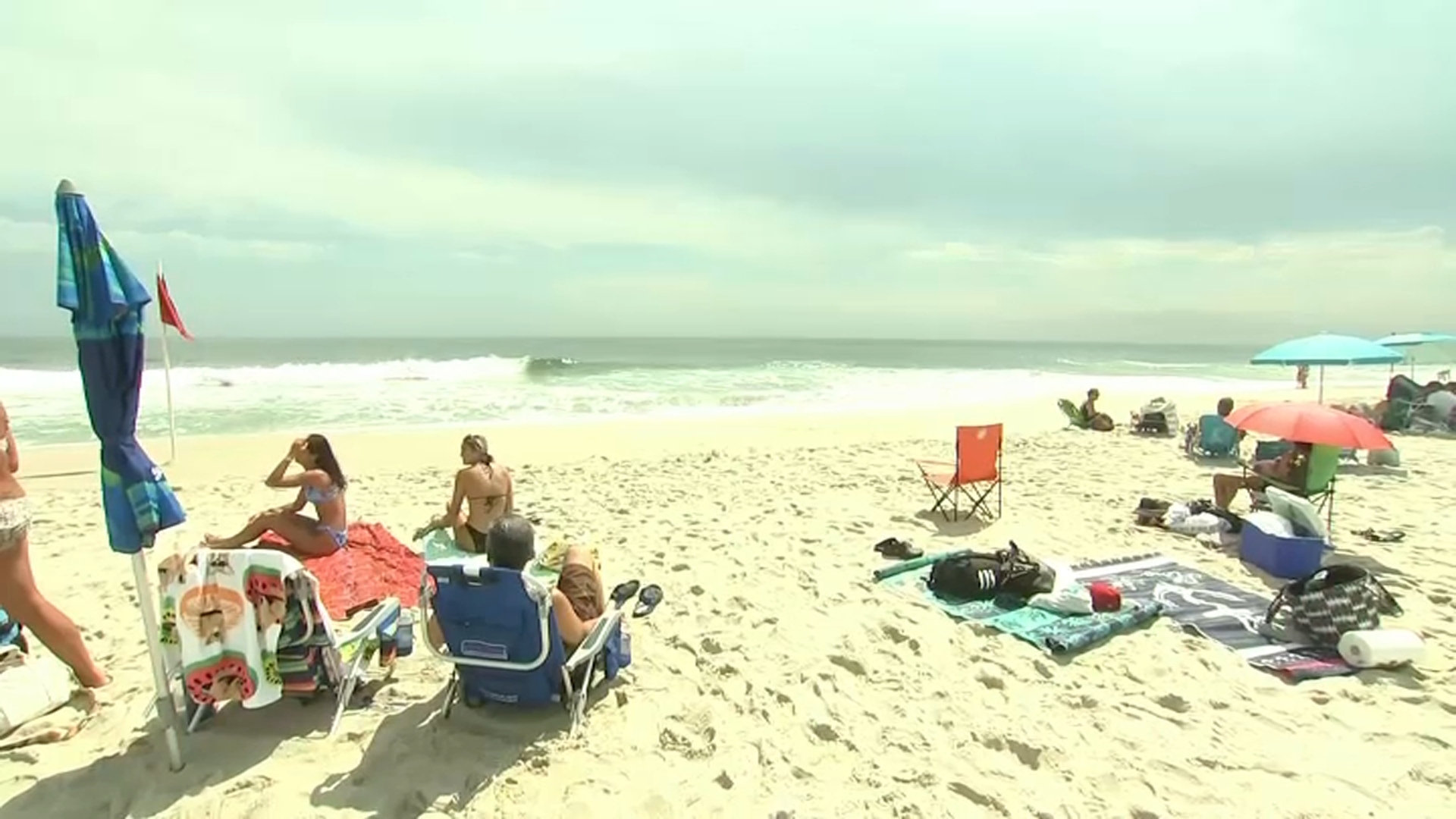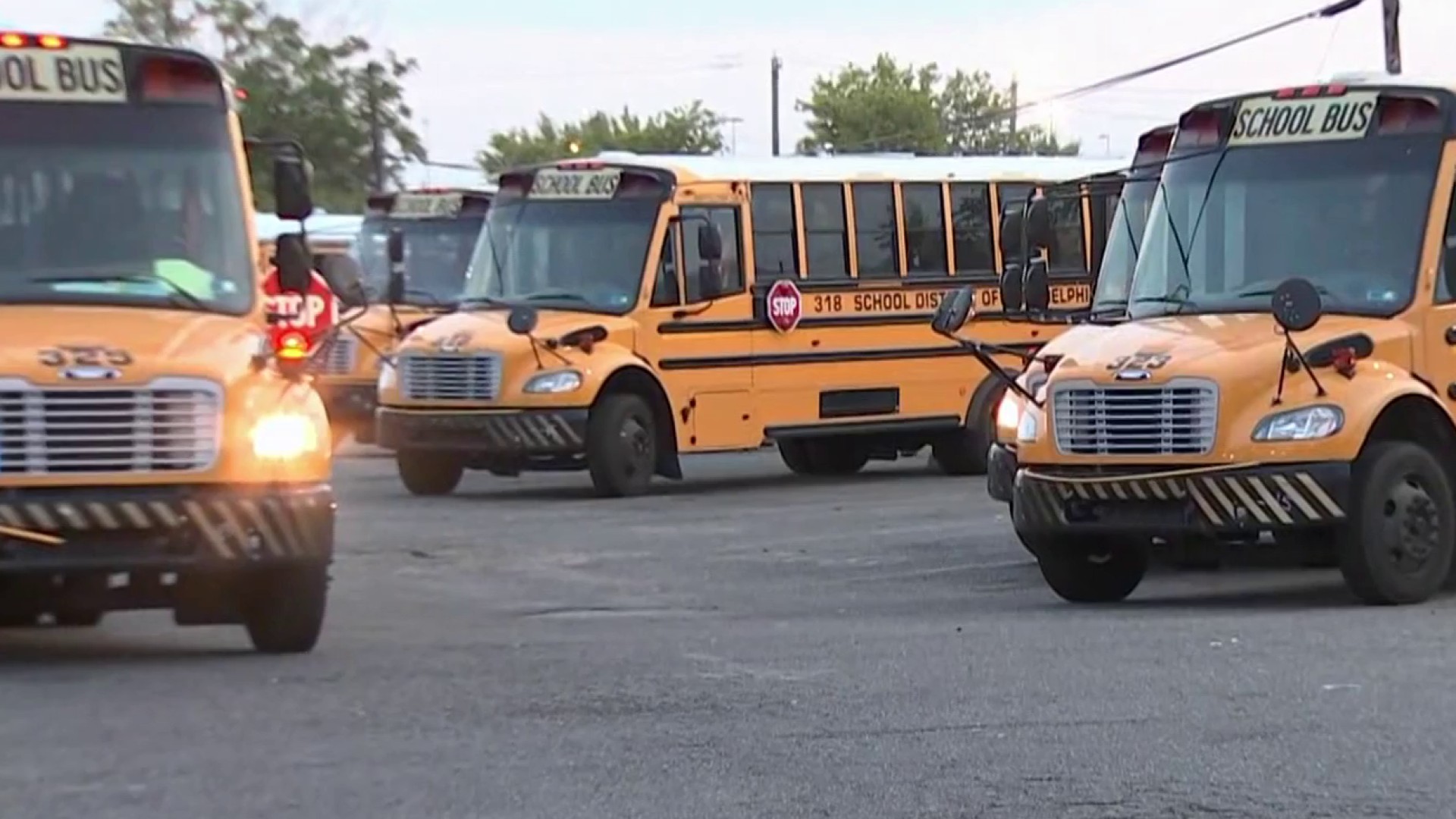What's expected to be the longest heat wave of the summer season is underway in the Philadelphia region and now the potential for storms is adding to the threat.
Longest heat wave of 2023
Sunday marked the first of what was six consecutive days with a high above 90. Once the mercury pushed past 90 on Tuesday, we officially entered a heat wave -- three or more days of highs above 90. Humidity made it feel like triple-digits in some places.
Friday was the last of the 90-plus degree days in Philadelphia. However, the temperature didn't get to 90 in some other parts of the region.
Get top local stories in Philly delivered to you every morning. Sign up for NBC Philadelphia's News Headlines newsletter.
Stormy weather threat
There were several severe thunderstorm warnings and a severe thunderstorm watch for much of the Mid-Atlantic Thursday afternoon and evening. All this recent heat could help fuel the storms.
That unsettled stormy outlook continued on Friday.
By midafternoon, severe thunderstorm warnings were issued for parts of Burlington County, New Jersey, and Kent County, Delaware.
Later on Friday night, Philadelphia, Camden and Norristown braced for severe thunderstorms.
Be sure to keep checking the NBC10 app to ensure you get the latest weather alerts in your neighborhood. You can also track any wet weather with our live interactive radar.
Tips for staying safe during a 'dangerous' heat wave
The National Weather Service summed up the extended run of heat as "dangerous."
"During a heat wave, practice heat safety wherever you are," the weather service said. "Heat related deaths and illnesses are preventable."
Drinking water and seeking relief in air conditioned spaces are some ways to stay healthy.
The National Weather Service has a longer list of recommendations:
"Drink plenty of fluids, stay in an air-conditioned room, stay out of the sun, and check up on relatives and neighbors. Young children and pets should never be left unattended in vehicles under any circumstances.
"Take extra precautions if you work or spend time outside. When possible reschedule strenuous activities to early morning or evening. Know the signs and symptoms of heat exhaustion and heat stroke. Wear lightweight and loose fitting clothing when possible. To reduce risk during outdoor work, the Occupational Safety and Health Administration recommends scheduling frequent rest breaks in shaded or air conditioned environments.
"Anyone overcome by heat should be moved to a cool and shaded location. Heat stroke is an emergency! Call 9 1 1."
Air quality also eroded amid the heat wave, NBC10 First Alert Weather meteorologist Marvin Gomez said.
Sign up for our Breaking newsletter to get the most urgent news stories in your inbox.



